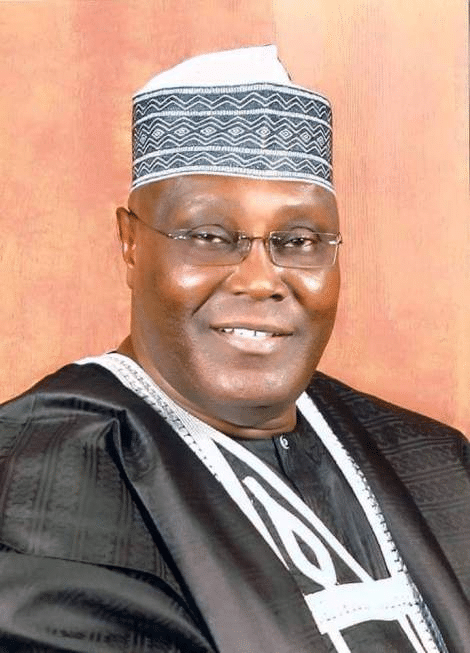Nigeria’s dirty politics of ministerial portfolio

By Haruna Salami
As President Bola Tinubu gets ready to inaugurate his cabinet tomorrow, Monday August 21, 2023, a critical look at the assignment of portfolio will show a balance between the old entrenched tradition and a radical departure from what used to be the norm of certain ministries that can be seen as the birth right of certain regions.
The posting of the immediate past governor of Rivers state, Nyesome Wike to the Ministry of the Federal Capital Territory (FCT) seems the most radical of all the assignment of portfolio by Tinubu.
The Minister of the FCT, which used to be the exclusive right of a particular geo-political zone (North) has moved to the oil rich Niger Delta in the South South.
From the beginning of the present democratic dispensation in 1999, FCT Ministry has been the exclusive preserve of the North beginning with Ibrahim Bunu (1999-2001), Mohammed Abba Gana (2001-2003), Nasir El-Rufai (2003-2007), Aliyu Moddibo Umar (2007-2008), Mohammed Adamu Aliero (2008-2010), Bala Mohammed (2010-2015), Mohammed Musa Bello (2015-2023) and now Nyesome Wike from the South South (2023- ).
In the present cabinet, Defence Ministry, which was headed by Maj Gen. Bashir Salihi Magashi (rtd) from the North was not only retained in that zone with Mohammed Badaru as Minister, but the Minister of State, Defence is also from the zone.
However, President Tinubu has been criticized by Shehu Sani, former Senator representing Kaduna Central for appointing Mohammed Badaru, a politician, as Minister of Defence.
The former lawmaker noted that the ministry should have been given to a retired military officer with records of accomplishments.
In a tweet Sani wrote “In view of the security challenges faced by this country, I thought the Defence Minister should be a retired military officer with experience and records of accomplishments, adding “that office shouldn’t be just political, especially at this time”.
In another bid to maintain the stausquo, entrenched tradition, the Minister of Science, Innovation and Technology is Uche Nnaji from the South East, where Ogbonnaya Onu held sway before he resigned to run for president under the All Progressive Congress (APC) before the 2023 election.
A closer look at the number of ministers from each of the six geo-political zones reveals unevenness in the makeup of the cabinet.
Although nobody expected all geo-political zones to have equal number of ministers because of the number of states from which the president must constitutionally appoint at least one minister, the president has the discretionary power to appoint more than one minister from a state.
Presently, as the geo-political zones stand, South East has 5, South South 7, South West 9, North West 10, North Central 8 and North East 7.
READ ALSO: Tiwa Savage’s advice to women divides fans
The controversy surrounding the screening of Nasir El-Rufai, former governor of Kaduna state over pending petition made the Senate not to clear El-Rufai and the subsequent withdrawal of his interest in the ministerial nomination has put that Kaduna slot on hold.
In another development, the purported banning of Abubakar Danladi, ministerial nominee from Taraba by the Supreme Court for perjury also made the Senate to defer his clearance before the upper chamber proceeded on its annual recess, just as Stella Okotete, nominee from Delta state was also not cleared.








